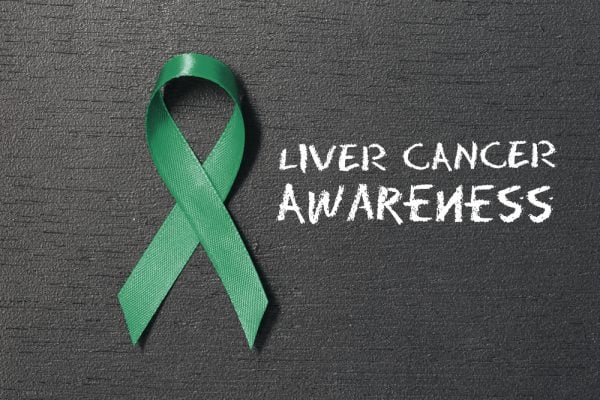Facts you Need to Know About Liver Cancer
Although liver cancer is a threat to anyone's livelihood, it is twice as likely to affect men than women in the United States. Here are the facts you need to know about liver cancer.
Much like other cancers, it is always best when you can catch the disease in its earliest stages. Knowing these important facts will help you determine early warning signs.
Liver cancer is most common among those who already have another form of cancer that has spread to the liver. Whether liver cancer is caused by another cancer or not, it is still concerning. Here are the facts you need to know about liver cancer to detect it early and have a better prognosis.
Symptoms of Liver Cancer
Liver cancer is difficult to detect in its early stages. Most symptoms occur in later stages of this disease, making it hard to detect cancerous growths. Often times, it is when serious symptoms occur when the disease is finally detected.
If you notice any of these early warning signs, be sure to contact your doctor right away. Here are some signs to look out for:
- Enlargement of the liver or spleen
- Painful abdomen
- Abdominal swelling
- Veins on the stomach that are enlarged and visible
- Nausea or vomiting
- Appetite loss
- Feeling of fullness even after eating a small meal
- Weight loss
- Itching
- Yellowing of the skin or eyes
Diagnosing Liver Cancer
Always report new or developing symptoms or concerns you may have about your health. These early warning signs may be indicators of liver cancer and your doctor will be able to assess your health through diagnostic work.
There are different tests your doctor may order to help diagnose liver cancer. Some of these tests include:
- A physical examination of your abdomen, skin and eyes
- Imaging - x-rays, ultrasounds, CT scans, or MRIs
- An angiogram - the use of contrast or dye for examining the blood vessels
- A scan - to check if the cancer has spread to other parts of the body
- A laparoscopy - an outpatient surgery that may confirm the presence of liver cancer
- A biopsy - when a sample of tissue is tested for cancerous cells
These tests may be ordered alone or in conjunction with one another to help diagnose the stage of your liver cancer.
Liver Cancer Treatment
Choosing a treatment option that is best for you depends on the stage of your liver cancer as well as the recommendations made by your doctor. There are a variety of treatment options that you can discuss with your doctor.
Depending on the progression of this disease, you and your doctor will be able to develop a treatment plan that is right for you. Liver cancer occurs in different stages and may spread to other parts of the body. Treatment options include:
Surgery: This is a commonly use treatment option. Smaller tumors make it easier to remove the cancer completely while larger tumors have a higher chance of coming back.
Ablation: This treatment destroys cancerous cells in the liver. It can also be used in combination with embolization. This allows tumors to be removed without surgery.
Therapies: There are a handful of therapy options including targeted therapy, immunotherapy, radiation therapy, and chemotherapy. Therapies are a non surgical solution that can diminish and kill cancerous cells.
Medication: Those with a healthier liver may be teated with different medications. These mediations can help decrease the growth of cancerous cells and may even extend the lifespan of those being treated for liver cancer. At times, medications may be used with other treatment methods.
Transplants: This treatment option is for those in the earlier stages of this disease. At the same time, their cancer may be significant and difficult to remove. Replacing an unhealthy liver with a healthier one may be the best option for some patients. Keep in mind, there is usually a long waiting list to receive a donor liver transplant. Other treatment options can be used in the meantime.
If you are hoping to extend your life and feel more comfortable, there are many treatment options that you and your doctor can choose from to come up with the best treatment plan for you. These are the facts you need to know about liver cancer so that you may be aware of its disease in its earlier stages.
References Used:
WebMD, Understanding Liver Cancer -- The Basics
WebMD, Understanding Liver Cancer -- The Basics
The American Cancer Society, Can Liver Cancer Be Found Early?
The American Cancer Society, Signs and Symptoms of Liver Cancer
The American Cancer Society, Tests for Liver Cancer
The American Cancer Society, Treatment of Liver Cancer, By Stage
